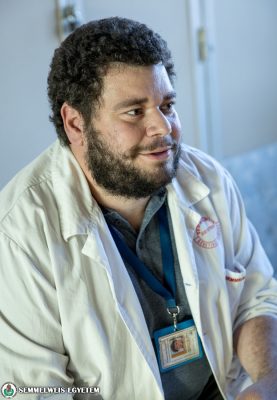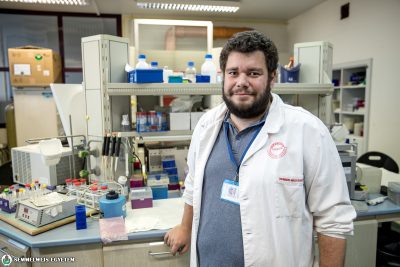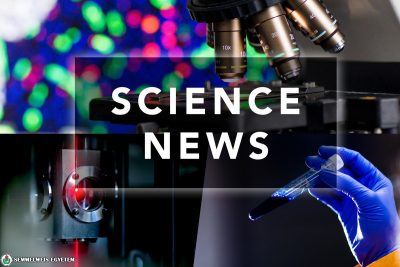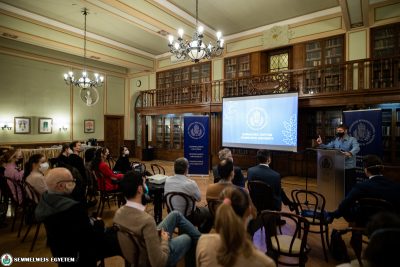 “Extracellular vesicles are nanoparticles with lipid bilayer barriers around them, emitted by cells. They receive special attention in medical and biological research, as they have great potential in early diagnostics and as therapeutic tools.”, said Dr. Tamás Visnovitz.
“Extracellular vesicles are nanoparticles with lipid bilayer barriers around them, emitted by cells. They receive special attention in medical and biological research, as they have great potential in early diagnostics and as therapeutic tools.”, said Dr. Tamás Visnovitz.
Research and the pharmaceutical diagnostic application of vesicles are greatly hindered by the difficulty in standardising vesicle preparations made from various body fluids and cell culture media, as they make only a small amount. The methods based on the measurement of protein content and particle number determination are unable to differentiate between the extracellular vesicles, protein aggregates and lipoproteins in samples, thus they may give erroneous results.
As member of the Extracellular Vesicles Research Group led by Dr. Edit Buzás, Dr. Tamás Visnovitz developed a very simple, inexpensive and widely adaptable method based on the determination of lipid content in extracellular vesicles.
 “The development of the award winning method was due to a delay in the shipment of the necessary equipment. As the equipment not arriving on time was needed for the research, the team started to prepare the analytical part of the project. By using liposome standards, described previously by the research group, we managed to increase the sensitivity of the lipid determination method, which allowed the rapid and efficient quantification of extracellular vesicles.”, said Dr. Tamás Visnovitz, who had previously worked as a project manager at Richter Gedeon Plc. and joined the National Heart Programme 3 years ago on the invitation of the director of the Department of Genetics, Cell- and Immunobiology.
“The development of the award winning method was due to a delay in the shipment of the necessary equipment. As the equipment not arriving on time was needed for the research, the team started to prepare the analytical part of the project. By using liposome standards, described previously by the research group, we managed to increase the sensitivity of the lipid determination method, which allowed the rapid and efficient quantification of extracellular vesicles.”, said Dr. Tamás Visnovitz, who had previously worked as a project manager at Richter Gedeon Plc. and joined the National Heart Programme 3 years ago on the invitation of the director of the Department of Genetics, Cell- and Immunobiology.
Previously Dr. Tamás Visnovitz worked as a biotechnology project manager and was involved in the development of biosimilar pharmaceuticals. His main areas of interest during his post-doctoral studies in Ireland were plant biochemistry, physiology and membranes. He is working on cellular models within the National Heart Program to find biomarkers for various cardiovascular diseases in basic cellular models, which will later on be tested on animal models and in the human system in patients.
“Basically, we are looking for molecules that may be good for diagnostic purposes in the future.”, he said.
Eszter Keresztes
Photo: Attila Kovács – Semmelweis University
Translation: Ágnes Raubinek


